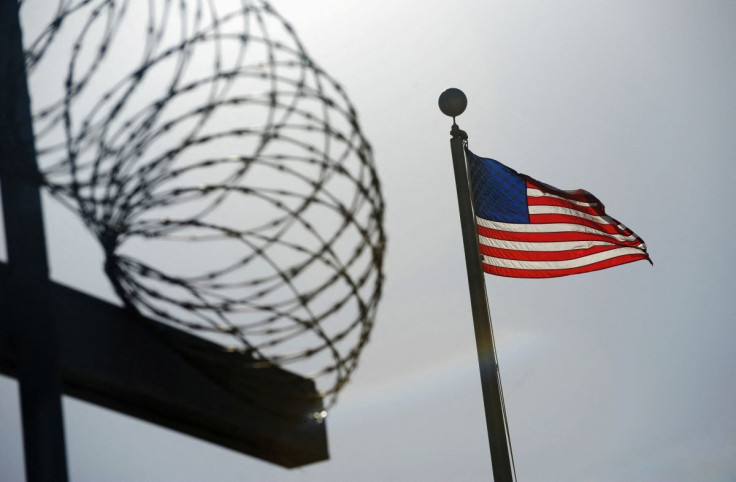U.S. Supreme Court Blocks Testimony Over Guantanamo Detainee's Interrogation

The U.S. Supreme Court on Thursday ruled that two former CIA contractors cannot be questioned in a criminal investigation in Poland over their role in interrogating Abu Zubaydah, a suspected high-ranking al Qaeda figure who was repeatedly subjected to waterboarding.
The justices concluded that Central Intelligence Agency contractors James Elmer Mitchell and John Bruce Jessen cannot be subpoenaed under a U.S. law that allows federal courts to enforce a request for testimony or other evidence for a foreign legal proceeding.
The court found that the government could assert what is known as the "state-secrets privilege" to prevent the contractors from being questioned, saying it would risk national security.
Poland is believed to be the location of a "black site" where the CIA used harsh interrogation techniques against Zubaydah. Zubaydah, now 50, has spent more than 15 years at Guantanamo. He lost an eye and underwent waterboarding 83 times in a single month while held by the CIA, U.S. government documents showed.
The contractors' testimony "would be tantamount to a disclosure from the CIA itself," Justice Stephen Breyer wrote in the majority opinion.
"For these reasons, we conclude that in this case the state secrets privilege applies to the existence (or nonexistence) of a CIA facility in Poland," Breyer added.
The justices were divided on what exactly should happen, with six justices saying Zubaydah's request should be dismissed. Conservative Neil Gorsuch and liberals Sonia Sotomayor and Elena Kagan said the case should be sent back to lower courts.
Gorsuch wrote a strongly worded dissenting opinion joined by Sotomayor saying that much of what the government claims to be a state secret is already widely known.
"Ending this suit may shield the government from some further modest measure of embarrassment. But respectfully, we should not pretend it will safeguard any secret," Gorsuch said.
The Polish investigation concerns the treatment of Zubaydah, who remains held at the American naval base at Guantanamo Bay, Cuba. Zubaydah, a Palestinian man captured in 2002 in Pakistan and held by the United States since then without charges, repeatedly underwent waterboarding, a form of simulated drowning widely considered torture.
At the oral arguments in the case in October, some justices asked why the government would not allow Zubaydah himself to be questioned. The Justice Department later told the court that it would agree to Zubaydah sending a declaration that could be used in the Polish investigation, although it would have to be reviewed first. Zubaydah's lawyers said that approach was not acceptable.
© Copyright Thomson Reuters 2024. All rights reserved.





















